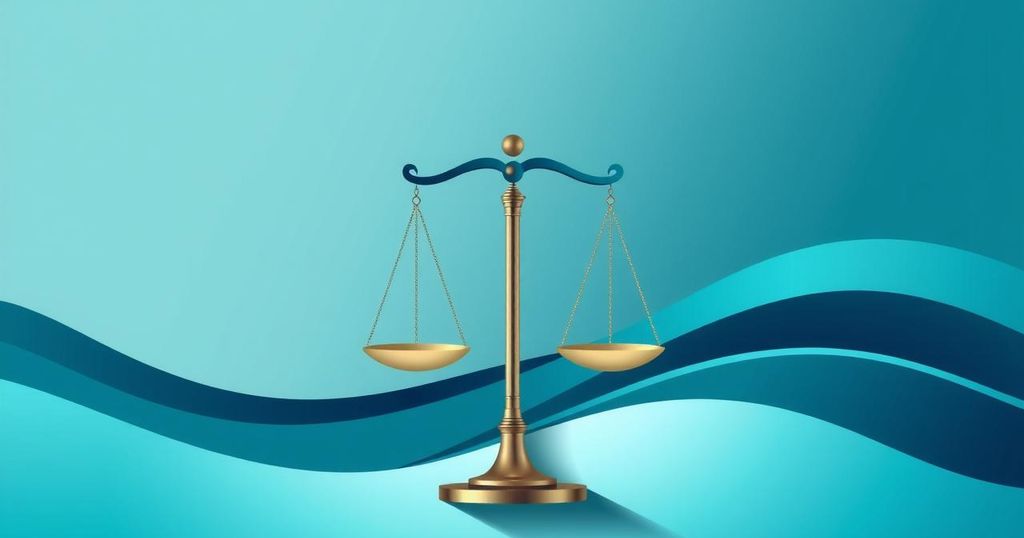The Co-Chairs of the IHL and HR Working Group on Libya reaffirmed their commitment to human rights and accountability following a meeting with the ICC. They emphasized the necessity of addressing past atrocities as foundational for Libya’s peace and reconciliation efforts, urging international cooperation with the ICC.
The Co-Chairs of the International Humanitarian Law and Human Rights Working Group concerning Libya recently convened with the International Criminal Court (ICC) in The Hague. They expressed their unwavering dedication to human rights, justice, and accountability, emphasizing these elements as critical for achieving lasting peace and reconciliation in Libya.
The Co-Chairs stated their full support for the ICC’s efforts, highlighting the necessity of investigating and prosecuting atrocity crimes committed in Libya. They underscored that the pursuit of justice should remain impartial and free from political influence, aligning with the ICC’s mandate established by the United Nations Security Council in resolution 1970 (2011), which is essential for holding perpetrators accountable.
They commended the ICC’s commitment to establishing credible, victim-focused accountability at both international and national levels. The Co-Chairs affirmed that justice for victims should be central to Libya’s transition, asserting that impunity for international crimes is unacceptable. They called upon all UN member states to cooperate fully with the ICC, facilitating access for investigators, executing arrest warrants, and strengthening national legal systems for accountability.
As Libya advances towards national reconciliation and democratic governance, the Co-Chairs hold that accountability for historical atrocities is not a barrier to peace, but rather a necessary foundation. They reiterated their commitment to supporting Libya’s initiatives to uphold human rights, adhere to international humanitarian law, and break the cycle of impunity.
In summary, the Co-Chairs of the Working Group assert the vital relationship between accountability for past crimes and the establishment of peace in Libya. They emphasize the importance of supporting the ICC’s efforts and encourage cooperation among UN member states. Ultimately, they view justice as an essential element that underpins Libya’s path to reconciliation and democracy.
Original Source: libyaobserver.ly




